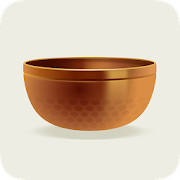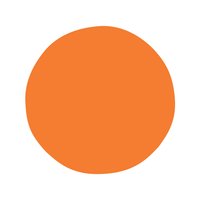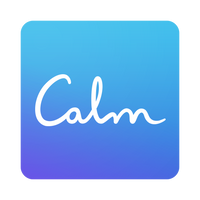Health and fitness apps downloaded more than 2.5 billion times in 2021
Health and fitness apps were downloaded 25% times more in 2021 than in 2019. One reason for this is that the demand for wellness, meditation and feminine health products has increased. The number of downloads is also a lot higher than in the period before corona.
Contents
Corona
The second quarter of 2020 will go down in history as a very successful period for the mobile economy. People had to stay at home and therefore downloaded a lot of apps. Due to gyms closing in many countries, health and fitness app downloads jumped from 565 million to 811 million in that quarter alone. After that dramatic spike in the early days of the lockdown, downloads dropped back to last year.
Regardless of the unusual year caused by corona, the long-term trend for the health category was still growing towards 2022. According to App Annie’s State of Mobile 2022 Report, the total number of downloads was 1.97 billion for 2019. In 2021, they reached 2.48 billion.
More interest in meditation
One of the biggest factors in the standout year for health and fitness apps was the success of meditation apps. During the pandemic, much attention was paid to mental health, which sparked interest in applications such as Calm, Headspace, Meditopia and Insight Timer. According to data from App Annie’s State of Mobile report, the top three apps by downloads dominate the market, with a combined total of 37 million downloads in 2021.
Out of the top 10 meditation apps worldwide in 2021, Insight Timer users had the highest average number of sessions per user on Android phones in terms of usage. This is more than 40% higher than the second most used meditation app. In addition, they were also number 1 in terms of average time spent in the app per user. This means that not only do people spend more time in Insight Timer, they also use the app more often on average.
In terms of app store spending, the top 5 meditation apps achieved 25% growth last year. The top two meditation apps, Calm and Headspace, together generated $205 million in 2021. It’s important to note, however, that this isn’t the only way to generate revenue. Some apps use in-app advertising or monetize business partnerships.
These two companies are now focusing on the next phase in their growth. Calm has raised $217 million to fund its expansion. Headspace, on the other hand, has already started publishing. The company acquired it by mental health and wellness company Sayana in January 2022.
Millennials vs Gen Z
This year’s State of Mobile report reveals that age plays a big role in the health and fitness app category. Broadly speaking, it is a millennial-focused category (people between the ages of 24 and 41). In 2021, this generation was most gravitating towards health and fitness apps compared to Gen Z (10 to 25 years) or Generation X (42 to 57 years) and baby boomers (57+).
According to the demographic index, millennials in South Korea were on average 20% more likely to use a health and fitness app last year compared to the total population. At least in the top 20 apps observed by MAU (Monthly Active Users).
What apps have Generation X and baby boomers installed?
When it comes to app choices, Gen X and baby boomers have a clear preference for self-quantifying apps. These are apps that allow you to analyze daily events, such as when you go to sleep, how much you exercise, what you eat, what your mood is, et cetera. Generation X and baby boomers tend to lean towards pedometers, diet apps and walking apps.
What is Generation Z focusing on?
At the other end of the age scale, Gen Z leans toward wellness and female health apps. If indeed there is one app that stands out in the subcategory ‘femtech‘, then it is Menstrual Calendar Flo. The UK app was ranked #1 or #2 for the number of monthly active Gen Z users in seven of the eight countries surveyed. This may be one reason why the company is now valued at around €675 million.
Gen Z is a really interesting age group to focus on in the near future. This is because they seem to be more likely to try new and innovative concepts for health and fitness apps, such as Reflectly. That is an AI powered diary app that provides feedback to the user based on what they write and how they feel on a given day. Reflectly will likely be the one to set the trend in the health and fitness subcategory for years to come.
Have you used more health and fitness apps this year? Which were they? Let us know in the comments at the bottom of the article.

Insight Timer – Meditation, Sleep
Do you sometimes suffer from stress at work or do you get the feeling that the impact of the strict corona measures may weigh on you? You may have trouble getting into lettuce..
More info
![]()
Do you want to stay informed of the latest news about Health and fitness apps? then download our android app and follow us facebook, Instagram, YouTube, Telegram and Twitter.




